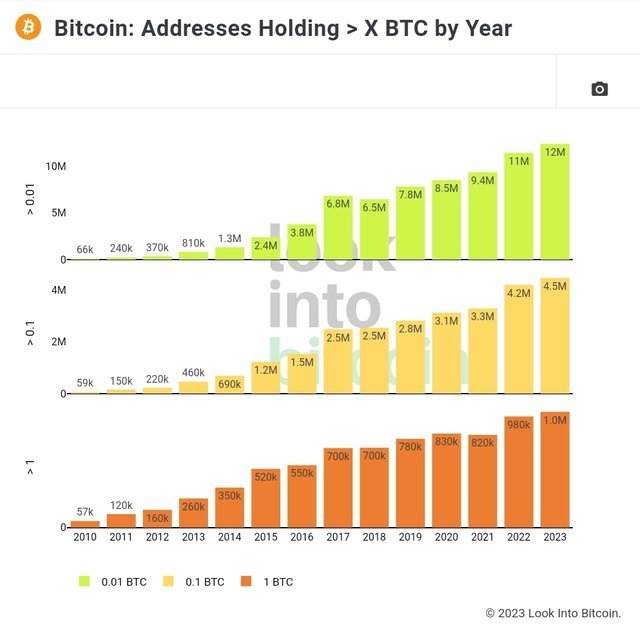
In the world of finance and technology, few innovations have garnered as much attention and controversy as Bitcoin, often abbreviated as BTC. Launched in 2009 by an anonymous entity known as Satoshi Nakamoto, Bitcoin has revolutionized the way we think about currency, transactions, and even the very concept of money. Over the years, it has evolved from a niche experiment into a global phenomenon, capturing the imaginations of investors, technologists, and policymakers alike. In this blog, we'll explore the fascinating world of Bitcoin, its origins, how it works, and its impact on the financial landscape.
The Birth of Bitcoin
The story of Bitcoin's creation is shrouded in mystery. Satoshi Nakamoto, the pseudonymous creator, published the Bitcoin whitepaper titled "Bitcoin: A Peer-to-Peer Electronic Cash System" in October 2008. The following year, on January 3, 2009, Nakamoto mined the genesis block of the Bitcoin blockchain, marking the birth of the cryptocurrency. Bitcoin was conceived as a response to the shortcomings of traditional financial systems, particularly the centralized control exercised by governments and banks.
How Bitcoin Works
Bitcoin operates on a decentralized, peer-to-peer network powered by blockchain technology. Here's a simplified overview of how it works:
Blockchain: The heart of Bitcoin is its blockchain, a distributed ledger that records all transactions across a network of computers (nodes). Each new batch of transactions is grouped into a "block," and these blocks are linked together in chronological order, forming a chain.
Mining: Bitcoin transactions are validated and added to the blockchain through a process called mining. Miners use powerful computers to solve complex mathematical puzzles. The first miner to solve the puzzle gets to add the next block of transactions to the blockchain and is rewarded with newly created bitcoins and transaction fees.
Decentralization: Unlike traditional currencies, Bitcoin is not controlled by any central authority. This decentralization makes it resistant to censorship and interference from governments or financial institutions.
Ownership and Transactions: Bitcoin ownership is represented by digital keys. Users have a private key to access their bitcoins and a public key to receive them. Transactions are verified using these keys, and once confirmed, they are added to the blockchain.
Security: Bitcoin relies on cryptographic techniques to secure transactions and control the creation of new units. This makes it extremely difficult to counterfeit or manipulate.
The Impact of Bitcoin
Bitcoin has had a profound impact on various aspects of society:
Financial Inclusion: Bitcoin provides access to financial services for the unbanked and underbanked populations, who may not have access to traditional banking infrastructure.
Speculation and Investment: Bitcoin has gained popularity as a speculative investment asset, with some investors viewing it as "digital gold" and a hedge against inflation.
Remittances: Bitcoin enables cheaper and faster cross-border remittances, reducing the fees associated with traditional money transfer services.
Decentralization Movement: Bitcoin has inspired the development of numerous other cryptocurrencies and blockchain projects, contributing to the broader decentralization movement.
Regulatory Challenges: Governments and regulatory bodies around the world have grappled with how to regulate and tax Bitcoin. The regulatory landscape remains dynamic and varies from country to country.
Environmental Concerns: The energy consumption of Bitcoin mining has raised environmental concerns, leading to discussions about the sustainability of its blockchain.
Conclusion
Bitcoin, with its promise of decentralized, digital currency, has come a long way since its inception in 2009. It has disrupted traditional finance, inspired a new wave of technological innovation, and ignited debates on economic philosophy, regulation, and environmental sustainability. While its future remains uncertain, Bitcoin's impact on the world cannot be denied. Whether you view it as a revolutionary force or a speculative bubble, there's no denying that Bitcoin has left an indelible mark on the world of finance and technology.
As Bitcoin continues to evolve and adapt to an ever-changing landscape, it will be fascinating to see how it shapes the future of money and the global economy. One thing is clear: Bitcoin is here to stay, and it will continue to be a subject of fascination, discussion, and innovation for years to come.